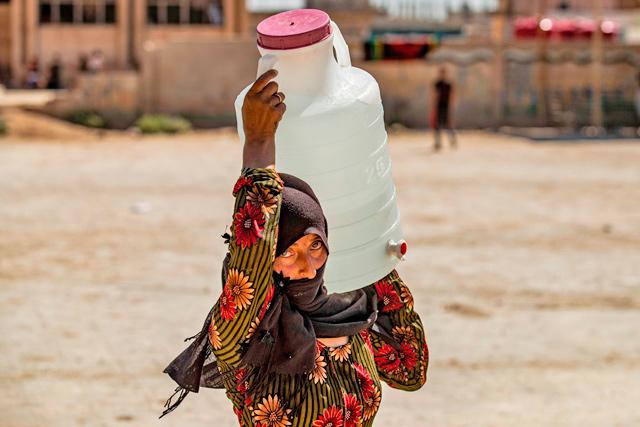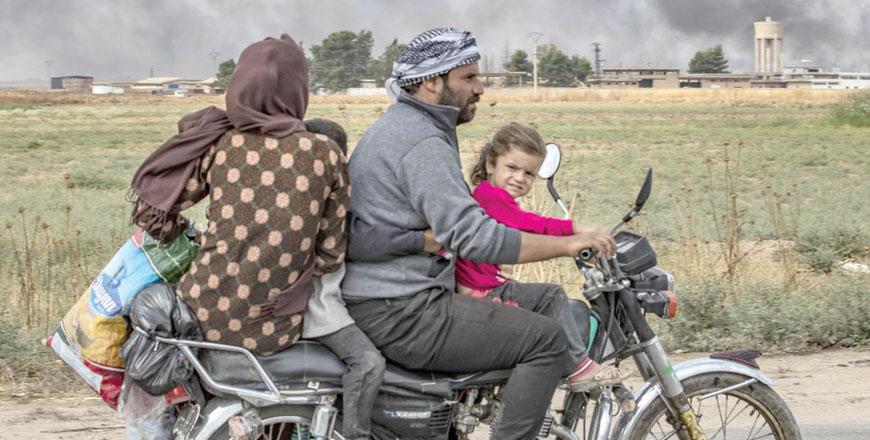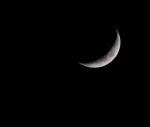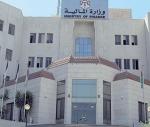You are here
In northeast Syria town, families say Turkey cut their water
By AFP - Aug 25,2020 - Last updated at Aug 25,2020

A displaced Syrian brings water back to their camp in a camp for the displaced in Syria's north-eastern city of Hasakah on Monday (AFP photo)
HASAKEH, Syria — Outside her home in northeast Syria, Sheikha Majid said her life had become an endless quest for fresh water, three weeks into the latest supply cut by Turkish forces.
"I spend the whole time running after water trucks," the 43-year-old grandmother said, amid an ongoing outage — one of many in recent months — in Hasakeh, a city run by a semi-autonomous Kurdish administration.
As coronavirus spreads across northeastern Syria, residents in Hasakeh have been caught up in spats between Turkish forces to the north and Syria's Kurds, viewed by Ankara as "terrorists".
In October last year, Turkish forces and their Syrian proxies occupied a 120-kilometre stretch of land inside the Syrian border, including the Alouk power station that supplies drinking water to Hasakeh.
Kurdish officials say Turkey is now using the water station to pressure the local authorities into giving them more electricity in areas Ankara seized from them.
While Turkey claims the station has merely been under maintenance, aid organisations have warned against using water as a political or military tool to the detriment of civilians.
Majid said the latest supply cut had made it difficult to ensure basic hygiene for her seven children and two grandchildren.
"Most of the time we bathe in salty water from wells instead,” she said, adding that she used the brackish liquid for washing clothes too.
In the city's narrow streets, women and children clutched empty jerrycans, waiting to fill them up from water deliveries, some from aid groups.
On a rooftop, a young girl held a gushing green pipe over a water tank, funnelling water from a truck below.
"This time it's really dragged on," elderly resident Muhammad Khatar told AFP on Saturday, referring to the latest supply cut.
"All we want is to eat and drink, and do our job. We have nothing to do with politics."
The Kurds say there have been eight interruptions to the supply of water from the station near the town of Ras Al Ain since last autumn.
The Turks "occupied our land and now they're cutting off our water", 45-year-old Saleh Fattah said.
The issue has sparked increasing concern at a time when confirmed coronavirus infections have risen to 362 cases including 25 deaths in Syria's Kurdish-held northeast, according to data provided by the semi-autonomous administration. Dozens of those cases are in Hasakeh.
In March, the United Nations warned one of the earlier water supply interruptions from Alouk was putting 460,000 people at risk in the Hasakeh area, as the pandemic spread worldwide.
Kurdish forces spearheaded the US-backed battle against the Daesh group in Syria, but Ankara says they are linked to the outlawed Kurdistan Workers' Party (PKK) in Turkey.
Turkey's defence ministry claimed on August 6 the Alouk water facility was under maintenance but that Hasakeh was still receiving water.
The Kurds say the water has been cut off, and the hashtag "Thirst is strangling Hasakeh" has been trending online.
Damascus on Monday accused Ankara of using water as a "weapon against Syrian civilians".
'Pressure point'
Kurdish officials say that, after Ankara's military campaign in October, there was an initial deal for the Turks to ensure continued water supply from Alouk, in exchange for the Kurds providing electricity to newly taken areas.
But the Turks have been trying to exert pressure on the Kurds to give them more electricity, according to the Syrian Observatory for Human Rights war monitor and a Kurdish official.
The Turks repeatedly "ask for more electricity", said Suzdar Ahmad, the joint head of the Kurdish-run water authority.
Aheen Sweid, co-director of the energy authority, said the water cuts were nothing new.
"Since the Turks occupied Ras Al Ain there have been endless rounds of negotiations over water interruptions from Alouk," she said.
This time, around 10 days after the taps ran dry in Hasakeh, on August 13 the Kurds cut off the electricity to the Ras Al Ain area in retaliation, Sweid said.
Both sides then negotiated via Russia — an ally of Syria's central government in the country's complex civil war — and on Saturday they came to an agreement that envisaged water making its way back to Hasakeh's pipes from Monday.
But Syria analyst Nicholas Heras said the water cuts were likely to continue in areas controlled by the Kurdish-led Syrian Democratic Forces(SDF).
"Seizing the Alouk plant was one of Turkey's key campaign goals" in October last year, he said, "exactly because Turkey wants to use water as a pressure point to turn local people in Hasakeh against the SDF".
Ankara now held the "ability to cut water indefinitely to over half a million water-starved people" in Kurdish-held areas, representing a far more effective weapon than retaliatory power cuts, he said.
Related Articles
HASAKEH, Syria —Syrian government warplanes took to the skies again on Saturday over the flashpoint northeastern city of Hasakeh, despite a
ANKARA — Turkey outlined on Monday its plans for a 120-kilometre "safe zone" in Syria on the eve of a key withdrawal deadline, as President
They say plummeting water levels at hydroelectric dams since January are threatening water and power cut-offs for up to five million Syrians, in the middle of a coronavirus pandemic and economic crisis.


















